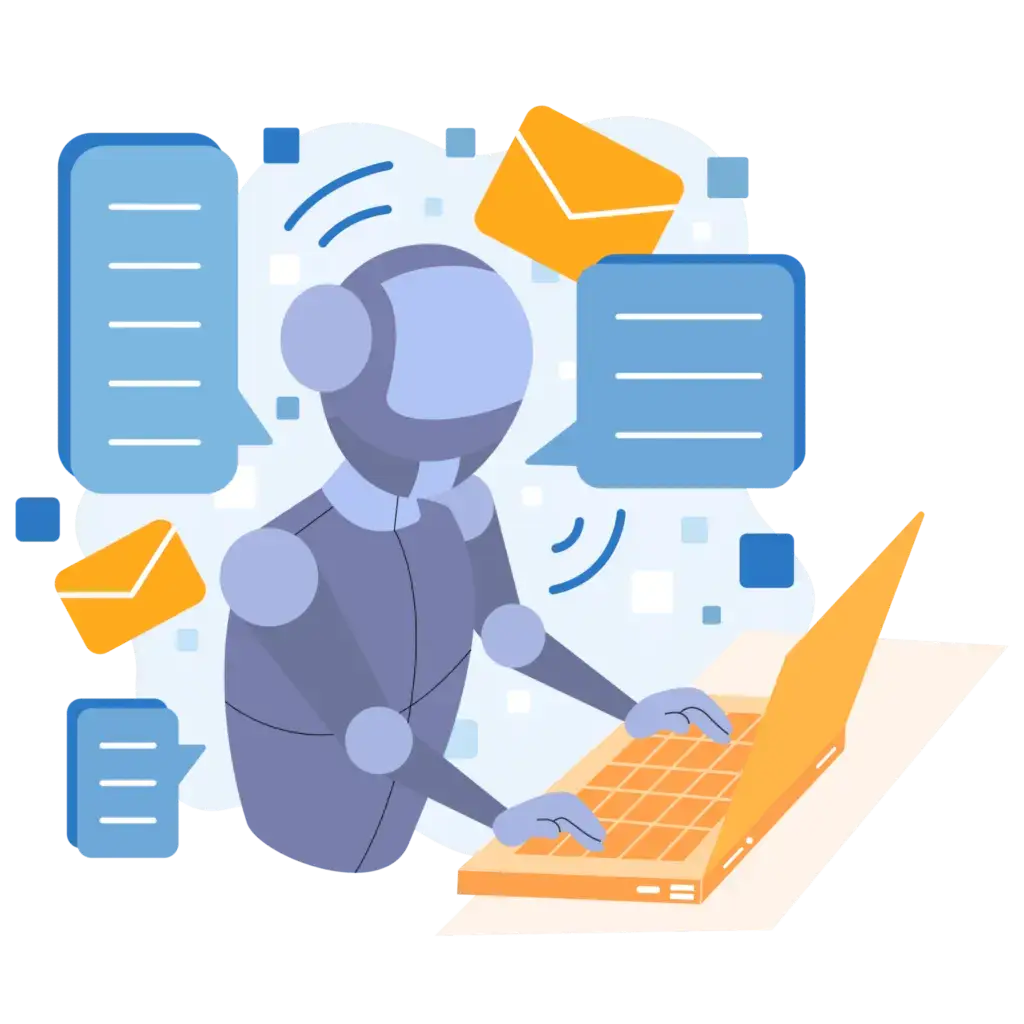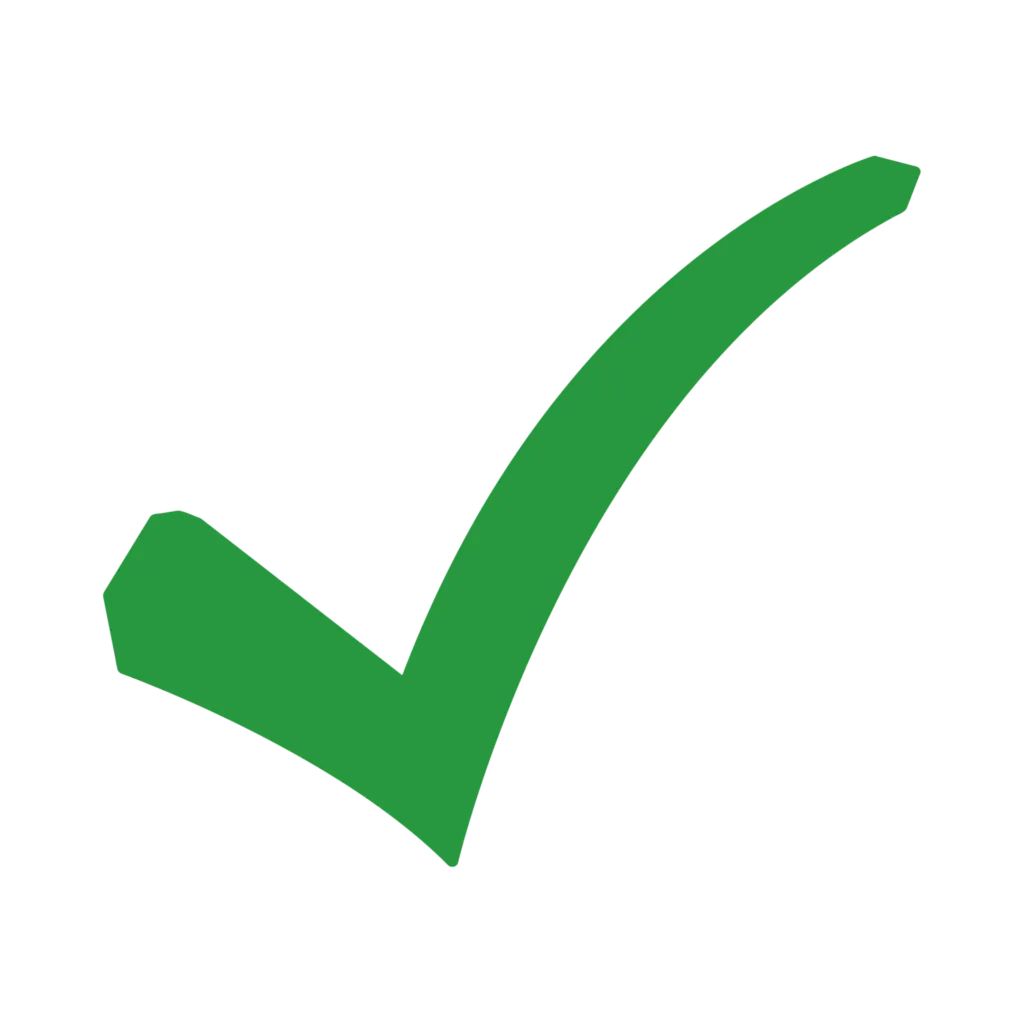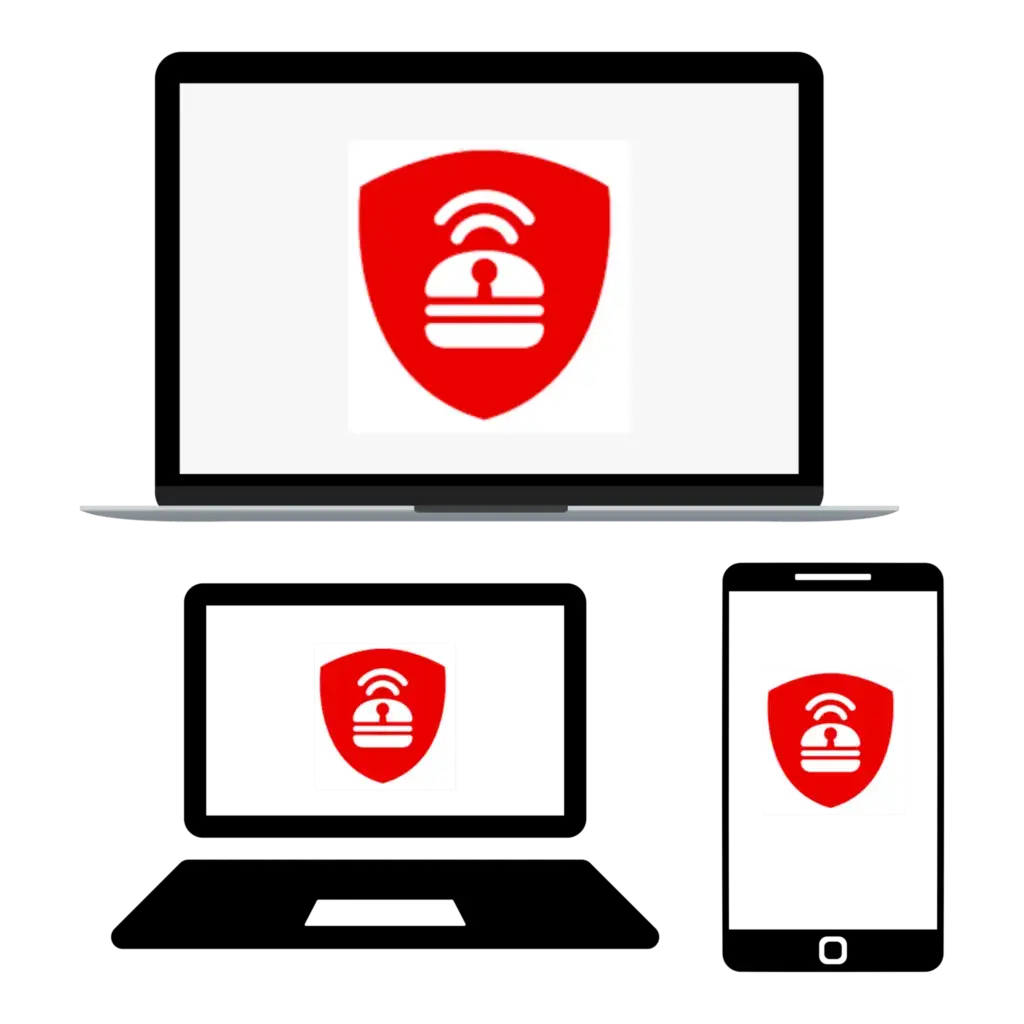Web scraping. It may sound like a fancy term, but it’s actually a game-changer when it comes to data extraction.
Forget spending hours manually copying and pasting information from websites. With automated web scraping, you can extract large amounts of data quickly and efficiently.
In this blog, we’ll dive into the basics of web scraping and how it has evolved to become automated. We’ll also explore some of the top tools for automated web scraping, including ChatGPT and the Python AutoScraper Library.
But that’s not all! We’ll discuss the transformative power of automated web scraping, from increased efficiency and speed to enhanced accuracy and scalability. Plus, we’ll delve into why businesses need to use residential proxies for web scraping automation and how IPBurger’s residential proxies can give you a competitive advantage.
Get ready to revolutionize your data extraction game!
The Advent of Automated Web Scraping
Automated web scraping is a game-changer for data extraction. It revolutionizes how businesses gather website data, offering faster and more efficient extraction than manual methods. With advanced features like scheduling and data cleansing, businesses can easily extract valuable data for analytics. However, legal and ethical considerations should not be ignored.
Understanding the Basics of Web Scraping
Web scraping is the process of extracting data from websites automatically. It involves writing code to scrape website content and retrieve specific information such as text, images, and other data elements.
Traditionally, web scraping was a manual process that required individuals to navigate through websites and copy-paste the desired information. However, with the advent of automated web scraping, this time-consuming task has been transformed into a streamlined and efficient process.
Automated web scraping utilizes software tools and scripts to automate unstructured data extraction. Web crawlers can navigate through websites, collect data in a structured format, and store it for analysis or further processing.
By automating the web scraping process, businesses can save significant time and resources while gaining access to a wealth of valuable information.
Evolution Towards Automation in Web Scraping
Gone are the days of manual web scraping, with all its time-consuming and error-prone hassles. Thanks to automation, we can extract more data in less time. Automated web scraping tools effortlessly handle complex websites and even navigate multiple pages. Plus, scheduling automated web scraping ensures up-to-date data retrieval. The evolution towards automation has truly revolutionized data extraction and analysis processes.
Top Tools for Automated Web Scraping
Looking to extract valuable data from websites? Check out these top tools for automated web scraping:
BeautifulSoup is a Python library that’s simple and flexible.
Selenium is powerful for scraping dynamic web pages with JavaScript.
Scrapy is a comprehensive framework for efficient data collection.
Octoparse is a user-friendly API tool with no coding required.
ParseHub is an intuitive tool with a point-and-click interface.
Apify is a platform with web scraping and automation capabilities.
But what about ChatGPT and AI? (I thought you’d never ask.)

Brief Overview of ChatGPT
So, let’s talk about ChatGPT, the language model developed by OpenAI. It’s pretty impressive! You can use it for all sorts of things, including automated web scraping.
With ChatGPT, data extraction from websites becomes a breeze. The best part is that it’s especially great for extracting structured data, making it a game-changer in automated web scraping.
How to Use ChatGPT to Automate Web Scraping
Using ChatGPT to automate web scraping is relatively straightforward. Here’s a step-by-step guide:
1. Install the required libraries: Begin by installing the necessary Python libraries, such as requests and BeautifulSoup.
2. Set up a connection: Establish a connection to the website you want to scrape. You can use the `requests` library to send HTTP requests and retrieve the HTML content of the page.
3. Parse the HTML content: Once you have retrieved the HTML content, use BeautifulSoup or a similar library to parse it. This will allow you to navigate the HTML structure and locate the data you need to extract.
4. Identify the data you want to scrape: Analyze the webpage’s structure and identify the specific data elements you want to extract. This could be text, images, links, or other relevant information.
5. Write code to extract the data: Using the parsed HTML content, write code utilizing ChatGPT’s capabilities to extract the desired data elements. You can leverage its natural language processing abilities to understand and interact with the content in a human-like manner.
6. Handle dynamic content: If the website you’re scraping has dynamic content loaded using JavaScript, you can use Chat GPT’s dynamic response generation. Adjust your code to wait for the dynamic content to load before extracting the data.
7. Store the extracted data: Once you have extracted the desired data, store it in a suitable format, such as a CSV file or a database. This will make it easier to analyze and manipulate the data later.
8. Implement error handling and robustness: When automating web scraping with ChatGPT, it’s crucial to implement proper error handling mechanisms. This includes handling cases where the website structure changes or when there are connectivity issues.
9. Respect the website’s terms of service: Review and understand its terms of service before scraping any website. Some websites may prohibit or restrict scraping activities, so respecting their rules and guidelines is important.
10. Automate the scraping process: To make web scraping efficient and scalable, consider automating the entire process. You can schedule the scraping script at specific intervals or trigger it based on certain events. This will save time and effort in manually performing the task repeatedly.
11. Monitor and update your code: Websites can change their structure or layout over time, which may break your scraping code. It is essential to regularly monitor and update your code to ensure it remains compatible with any changes made to the website.
12. Implement rate limiting: When scraping websites, it’s important to be mindful of the server’s capabilities and not overload it with too many requests. Implementing rate limiting in your scraping code can help prevent disruptions or potential bans from the website.
13. Handle CAPTCHA challenges: Some websites may have CAPTCHA challenges to prevent automated scraping. If you encounter CAPTCHAs during the scraping process, you can integrate solutions like CAPTCHA-solving services or machine learning algorithms to automate the solving process. This will allow your web scraping script to bypass CAPTCHA challenges and continue with the data extraction seamlessly.
14. Use proxies: To avoid IP blocks or restrictions websites impose, consider using proxies in your web scraping process. Proxies act as intermediaries between your computer and the target website, allowing you to make requests from multiple IP addresses. By rotating through different proxies, you can prevent your scraping activities from being detected or blocked.
How does Automated Web Scraping Transform Data Extraction?
Automated web scraping revolutionizes data extraction by eliminating manual efforts and saving time. It simultaneously enables large-scale extraction from multiple websites, ensuring accuracy and reducing human error. Real-time data extraction and regular updates offer up-to-date information for businesses.

Increased Efficiency and Speed
Automated web scraping gets the job done in a jiffy, saving you time and effort. It’s like having a superhero on your side, swiftly extracting massive amounts of data. With automation, you can bid farewell to pesky errors and inconsistencies. Plus, faster data analysis means quicker decision-making. Efficiency and speed make you a real contender in the business world.

Enhanced Accuracy and Quality Control
Automated web scraping guarantees precise and flawless data extraction, eliminating human errors and inconsistencies. Additionally, quality control measures can be implemented to verify the accuracy of the scraped data. This enables the extraction of large volumes of data with high precision and reliability, providing real-time updates for improved decision-making and analysis.

Want to extract massive amounts of data in no time? Automated web scraping, also known as data scraping, is your go-to solution! Scale your data extraction efforts effortlessly and process and analyze data faster—no more manual extraction and human errors. With scalable web scraping tools, extract data from multiple sources simultaneously. Get ready to level up your data game!
Overcoming Challenges in Automated Web Scraping
Dynamic websites and IP blocking can be a headache for automated web scraping tools. Dealing with constantly changing content and overcoming measures like CAPTCHA challenges requires advanced techniques.
Additionally, inconsistent data formats and structures need proper cleaning and normalization. Scalability and efficiency become crucial as data grows. Legal and ethical considerations are also important in responsible data extraction.
Why is the Use of Residential Proxies Essential for Web Scraping Automation?
Residential proxies play a crucial role in web scraping automation. They mimic real user behavior, preventing IP blocking and detection. These proxies provide higher anonymity and security, allowing web scrapers to access public web data without being flagged as bots. By rotating IP addresses, residential proxies help avoid rate limits and ensure uninterrupted scraping.
The Role of Residential Proxies in Bypassing Blocks
Residential proxies play the ultimate hide-and-seek game with IP blocks. They rotate IP addresses, making web scrapers look like ordinary users.
By bypassing detection, these proxies give web scrapers the power to access blocked websites and extract data without raising any red flags. They’re the perfect disguise for gathering valuable data without getting caught.
Ensuring Anonymity and Security with Residential Proxies
Residential proxies, the unsung heroes of web scraping! These clever little tools provide a cloak of anonymity by masking your IP address, keeping you incognito while extracting valuable data. Not only that, but they also prevent those pesky IP blocks and bans, ensuring uninterrupted scraping sessions.
With residential proxies, you’ll be like a slick undercover agent—undetectable and always one step ahead! So rotate those proxies and scrape away without a care in the world. Your anonymity and security are in safe hands!

IPBurger’s Residential Proxies for Automation
IPBurger’s residential proxies are a game-changer for automation! No more blocked or banned access when extracting valuable data with their highly anonymous proxies. Easily integrate them into existing tools for web scraping, and gain access to geographically restricted data.
Save time and resources by automating with IPBurger’s residential proxies!
Conclusion
Automated web scraping has revolutionized the way data extraction is performed. It has made the process faster, more accurate, and highly scalable. With tools like ChatGPT, the Python AutoScraper Library, and many others, businesses now have the power to extract valuable data with ease.
But what about the challenges that come with automated web scraping? Well, residential proxies play a crucial role in overcoming these obstacles. They help bypass blocks, ensure anonymity, and enhance security during scraping.
So, how can businesses leverage automated web scraping for a competitive advantage? By utilizing IPBurger’s residential proxies, they can extract data efficiently and stay ahead of the competition.
In conclusion, automated web scraping is a game-changer for data extraction. It streamlines the process, improves efficiency, and gives businesses a competitive edge.
So, why wait? Embrace automated web scraping and unlock the full potential of data extraction.



